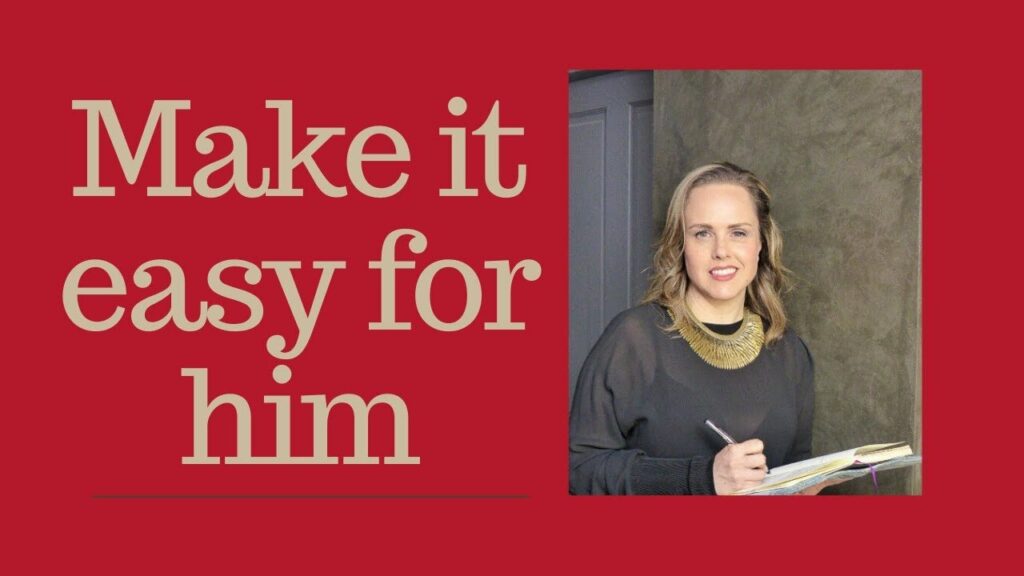In my executive coaching, most of my clients in pursuit of career development could fill pages of a self-improvement form (appraisal) about the ‘constructive’ feedback they’d give themselves.
They are often their own worst enemies, focused on what they did or said wrong – or indeed all the things they didn’t do! The truth is bosses rarely need to point out ‘areas for growth’.
That’s already where most women, spend way too much mental energy. This is particularly true for those in male-dominated fields like professional services and STEM.
Cara’s story
Cara, was a senior technology consultant I worked with. Her goals for career development were around self-promotion skills. She explained:
‘My boss told me that he’s happy, but too few people know what we’ve been achieving for our clients. That’s where I should be spending my time.’
Technology team leader client
Indeed Cara had a litany of things on which she thought she was failing. She shared these during our first career coaching online session.
When I asked her: ‘I hear where you think you are lacking – but what are you good at?’ It stopped her in her tracks. Cara had spent a lot less time reflecting on her skills, let alone absorbing any praise she got.
Cara looked skyward and said: ‘Well, my boss says I’m great with clients. I manage my small team well – but anyone can do people skills, that’s the easy stuff!’’
That sounded like diminishment to me so I simply asked ‘How true is that?’
She laughed out loud – and reflected ‘Actually, a lot of the guys I work with don’t seem to care about other people as much as I do.
They just talk about how much they’ve achieved, even when the rest of us are rolling our eyes – no projects are done by a single person!’
Cara has more of the competence mindset that any smart employer should be rewarding.
Career development if you are your own worst enemy:
- What are you routinely praised for, but that you often ignore or diminish?
- If you truly believed the praise, what would be different?
- How could that help in overcoming constructive criticism?
In this career coaching online, the shift for Cara was in seeing her skills as more valuable, and even unique, than she’d previously been giving them credit for. This was vital for her self-improvement and mental health.
Almost magically, Cara felt empowered to create ideas on how she could raise the profile of not just herself, but her whole team.
Small self-improvements lead to big changes
Cara started leading tag-team presentations where she shared air-time with a colleague.
Next, she then found an industry conference where she could invite a client to speak with her as a case-study to highlight their shared wins.
Finally, when she saw all this working, she reached out to other departments to ask about their challenges.
That insight gave Cara the data she needed to create an internal presentation. This focused on how working with her team was part of the solution those other departments needed.
As part of your self-improvement plan, focusing on skills you are already recognised as having, is something I talk about in the video below.
Hope it gives you a reminder you don’t need to choose between projecting ‘competence’ or ‘confidence’. After all, the first is what the second one comes from! Build your Confidence AND Competence



